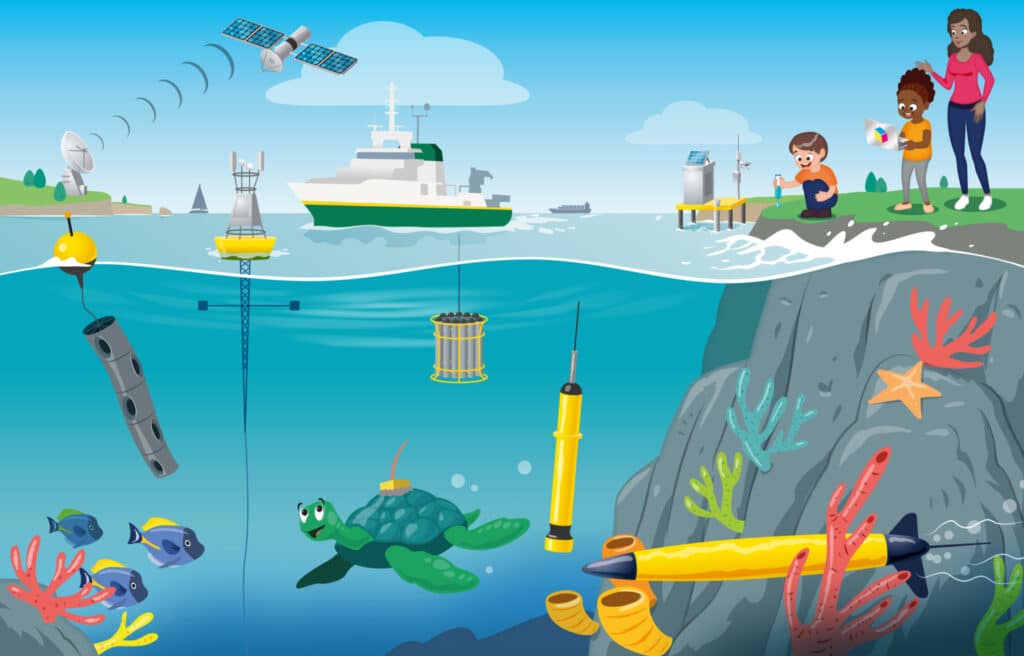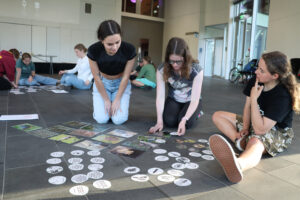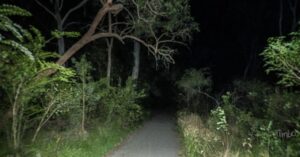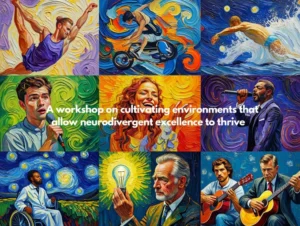Looking at how schools can investigate/discover what’s going on below the surface. Exploring the undersea world can be problematic. That can either put you off trying or it can create a worthy challenge to try and come up with simple solutions to find out what is going on down there. Low-tech answers can lie in using inexpensive action cameras in smart ways, taking bottom samples, video transects, light traps, plankton sampling, water sampling (temp/salinity/pH etc), sediment deposition and using ROVs. Much of this gear can be designed by students and built in a school’s technology suite. Getting real-world data from the real world, is life experience stuff and its value cannot be underestimated.







